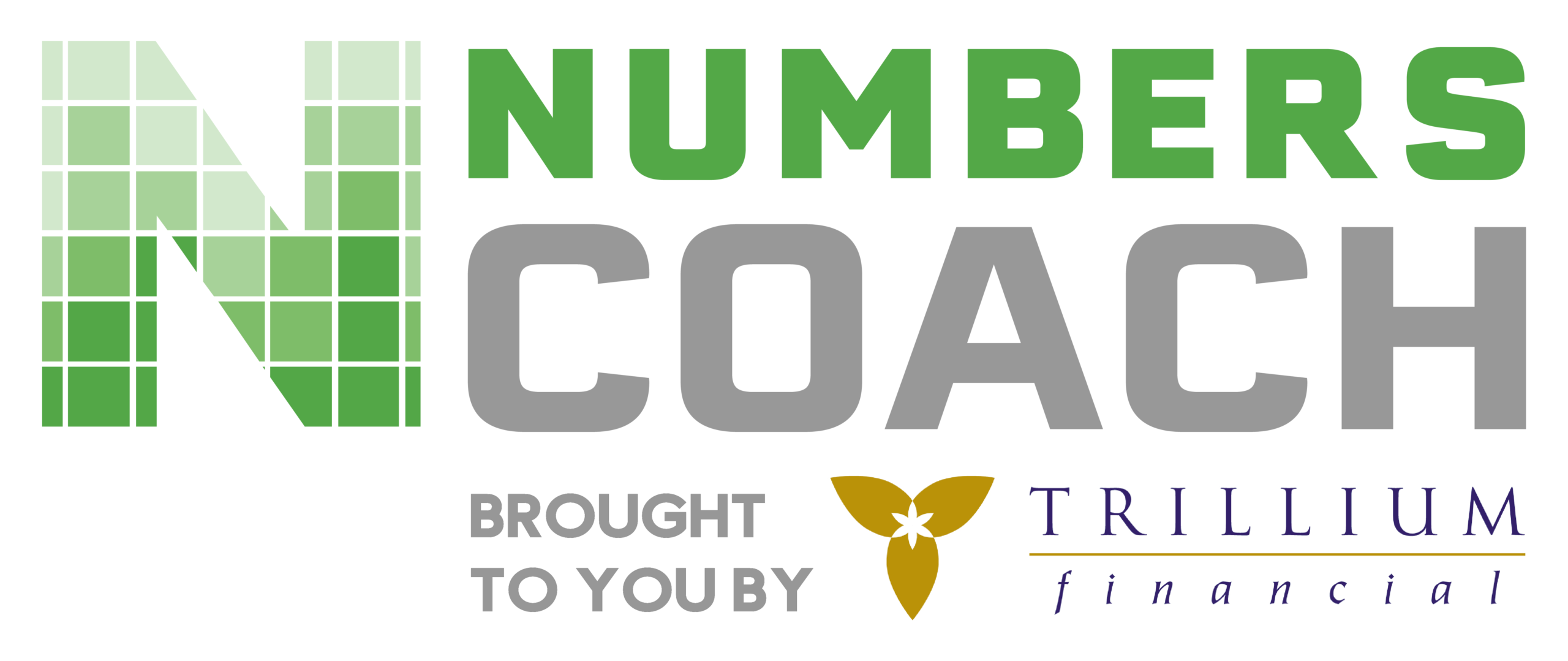by Anne Moore Odell
Every time you send out an invoice, it is like you are granting a loan to your clients. Business is built on trust with products and services moving around the world on the foundation that invoices are going to be paid in a timely manner.
However, extending credit can’t happen in a vacuum. It is up to you to create credit policies that keep your cash flow and business healthy. And while having good credit practices in place is always important, it is especially important to make wise credit decisions in today’s difficult economic times.
Here are 5 tips to help you create sound credit policies:
1. Take the Time to Research
Now is the time to revisit your credit application process. Make sure that your application is thorough. Make the effort to call all supplied references and banks. Although clients are only going to supply positive references, you can still learn a lot about how potential clients work.
Do your homework on prospects by going to the library where free information from publicly traded companies can be found. Consider using a professional credit report service like Dun & Bradstreet , TransUnion or Equifax. For a small fee they can provide credit histories, records of liens against companies, and current financial obligations on larger clients.
“Don’t forget to use your contacts with the various business associations you belong to – they can help gain information about credit decisions,” suggests Mike Iverson, CEO of Trillium Financial. “Through these relationships and through relationships with other vendors, you can learn about potential clients. You might also require information from clients’ accountants, and tax returns,” says Iverson.
2. Consider using a Z-Score
A Z-Score is a calculation that allows you to figure out the financial health of a company by using ratio values for a “score” that can indicate potential future bankruptcy. A Z-Score calculator can be located at either The Accounts Receivable Network (membership site: www.tarn.com) or at JaxWorks (http://www.jaxworks.com/calc2a.htm )
3. Be Selective
Keep your customers’ credit files up to date. With businesses going bankrupt and changing hands, it is important to update your credit information on existing clients, increasing or decreasing credit limits as needed.
“In this market you need to be discerning regarding who you are offering your services and products to,” says Marc D. Smith, Vice President, Magnolia Financial, Inc, based in Spartanburg, SC. “Fire customers if they don’t meet your credit requirements.”
Because of the reduction in sales that many businesses are seeing across sectors and industries, businesses are facing increased pressures when it comes to extending credit. However, just because a client is interested in your product or service it doesn’t mean that you need to accept every application.
“In my experience, people are lowering some of their credit limits,” says Iverson. “You should consider your accounts receivables to be much like an investment portfolio—you have invested in your customers and you want your portfolio to be profitable.”
Working with customers before problems and outstanding invoices occur is the best approach. In some cases, you can work out new payment schedules. It is also important to include your entire team so that salespeople know clients’ credit and payment histories.
4. Follow Up
“In good or bad times, one of the keys to collecting from customers is timely and accurate billing,” explains Mike Iverson, CEO of Trillium Financial. “That sounds like a no brainer, but sometimes that doesn’t happen. An invoice might have to be approved or reviewed by several different people, which can cause you to lose two, three, or four days in collecting your invoice.”
One effective practice for larger bills is calling to follow up on an invoice two or three days after it is sent to see if everything is in order. This practice not only puts you top of mind with your client but acts as a customer service call that could generate more sales. If the client does have an issue with the bill, then you can quickly solve the problem, generate another invoice and get paid on time.
Another proactive practice is to send monthly statements or even bi-weekly statements, again reminding clients before bills become overdue.
5. Good Relationships are Important
All levels of management are becoming more involved in credit decisions as businesses look to keep the cash coming in. These days CFOs and CEOs are participating in credit decisions with their teams.
One of the main points to remember, however, is that while economic downturns will end, the relationships you form today will continue. Working to preserve the business relationships you have now and creating new working relationships not only generates good will, but also builds a strong foundation to catapult your business when the economy rebounds.
